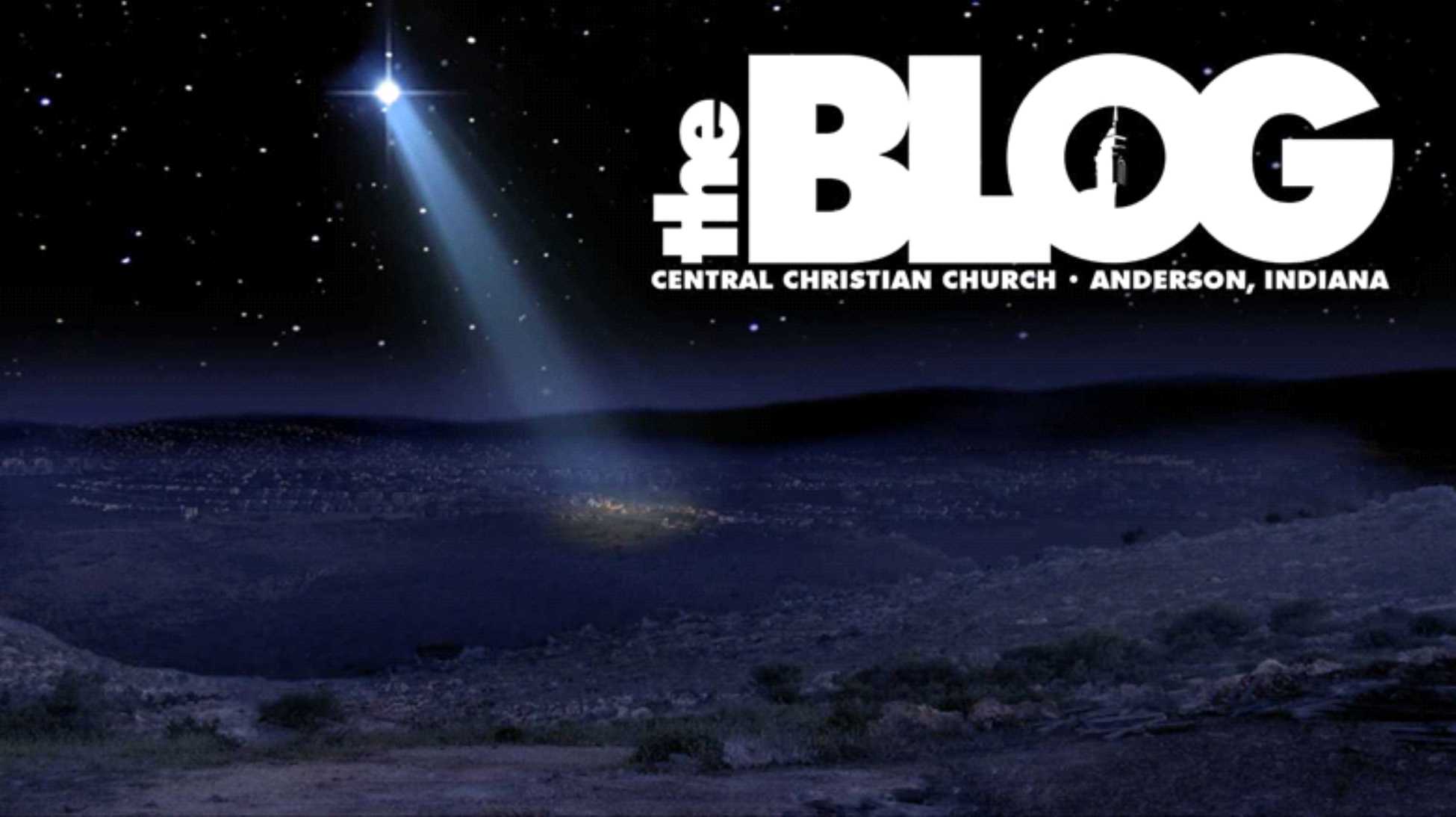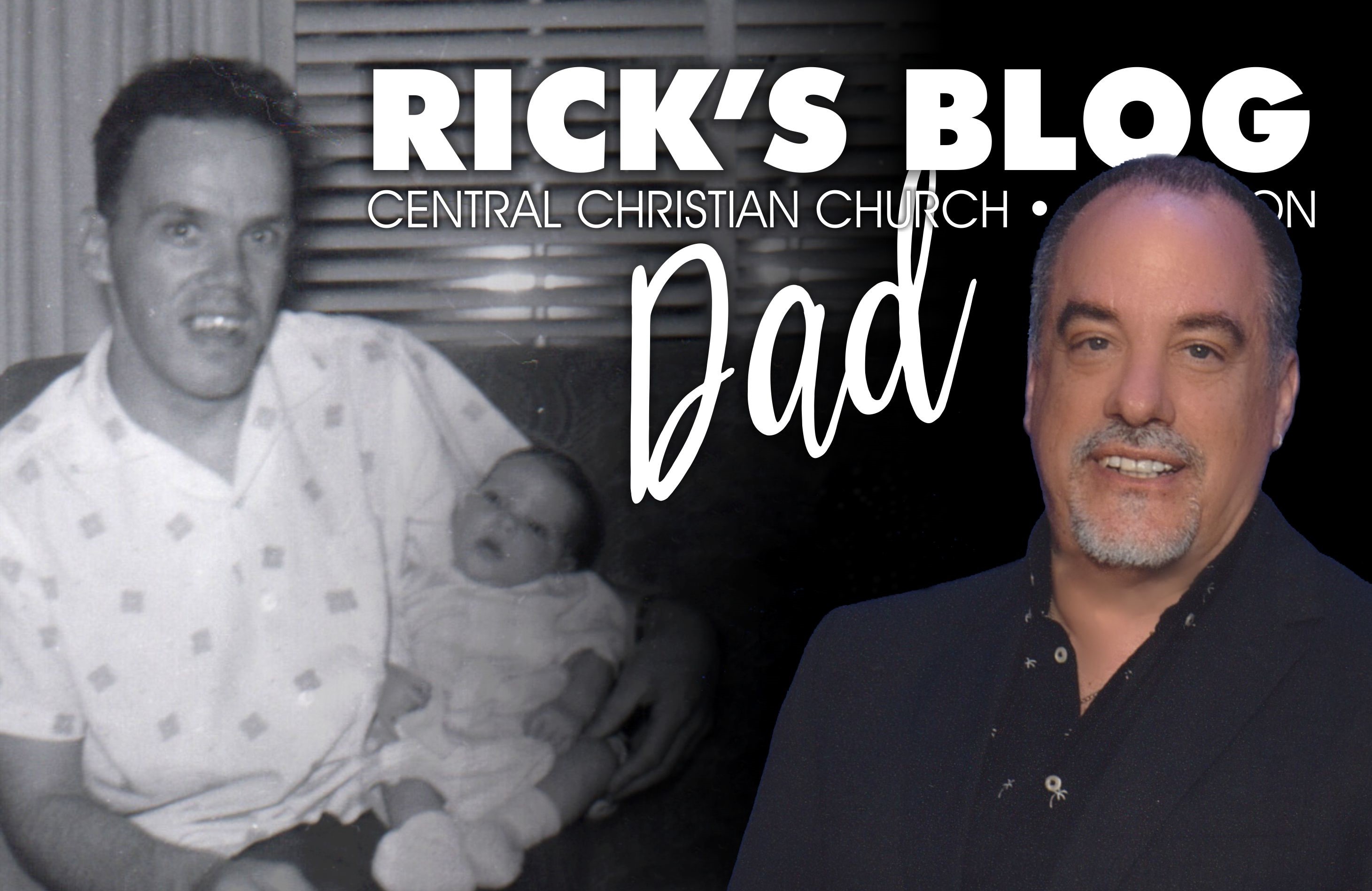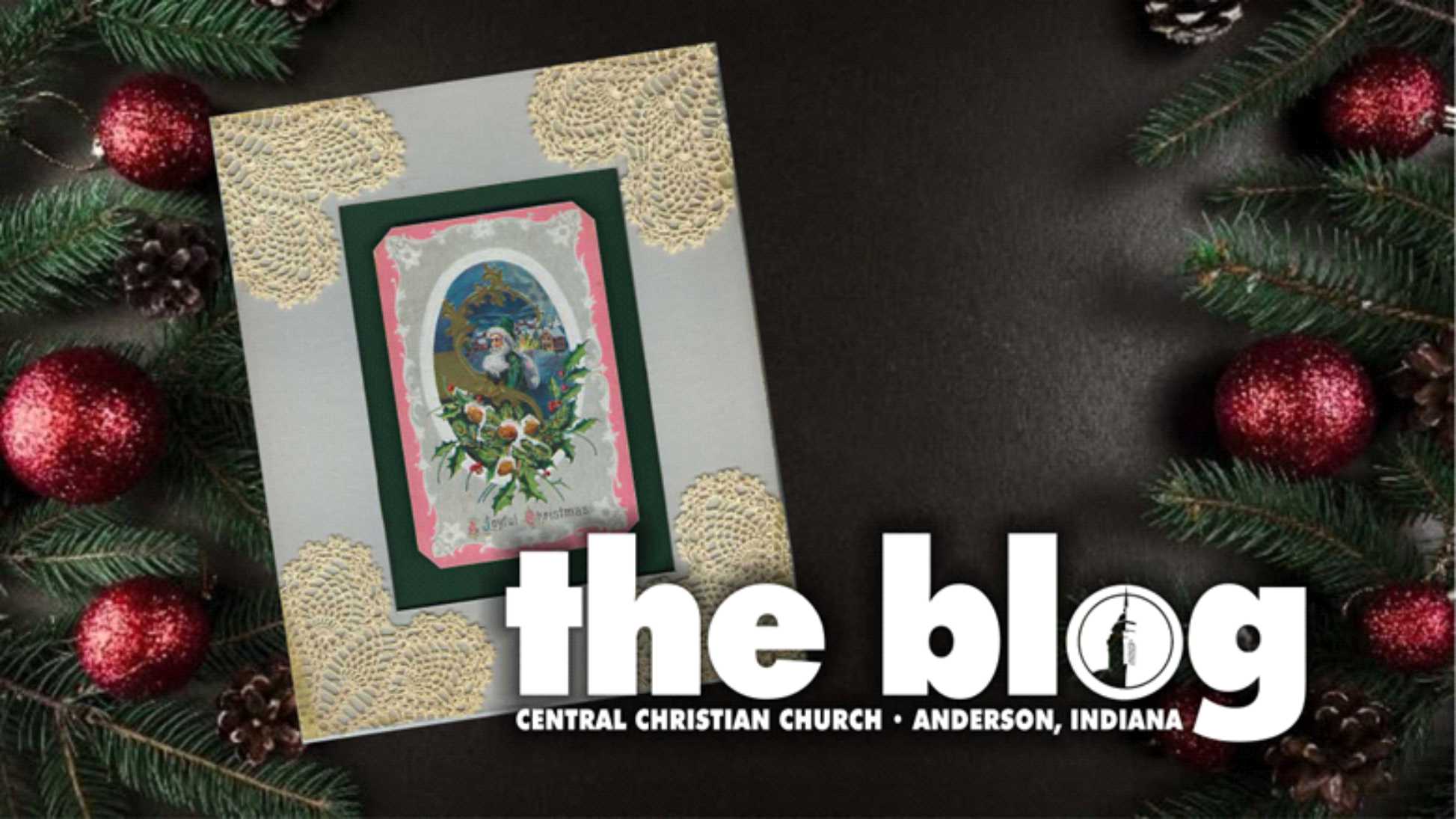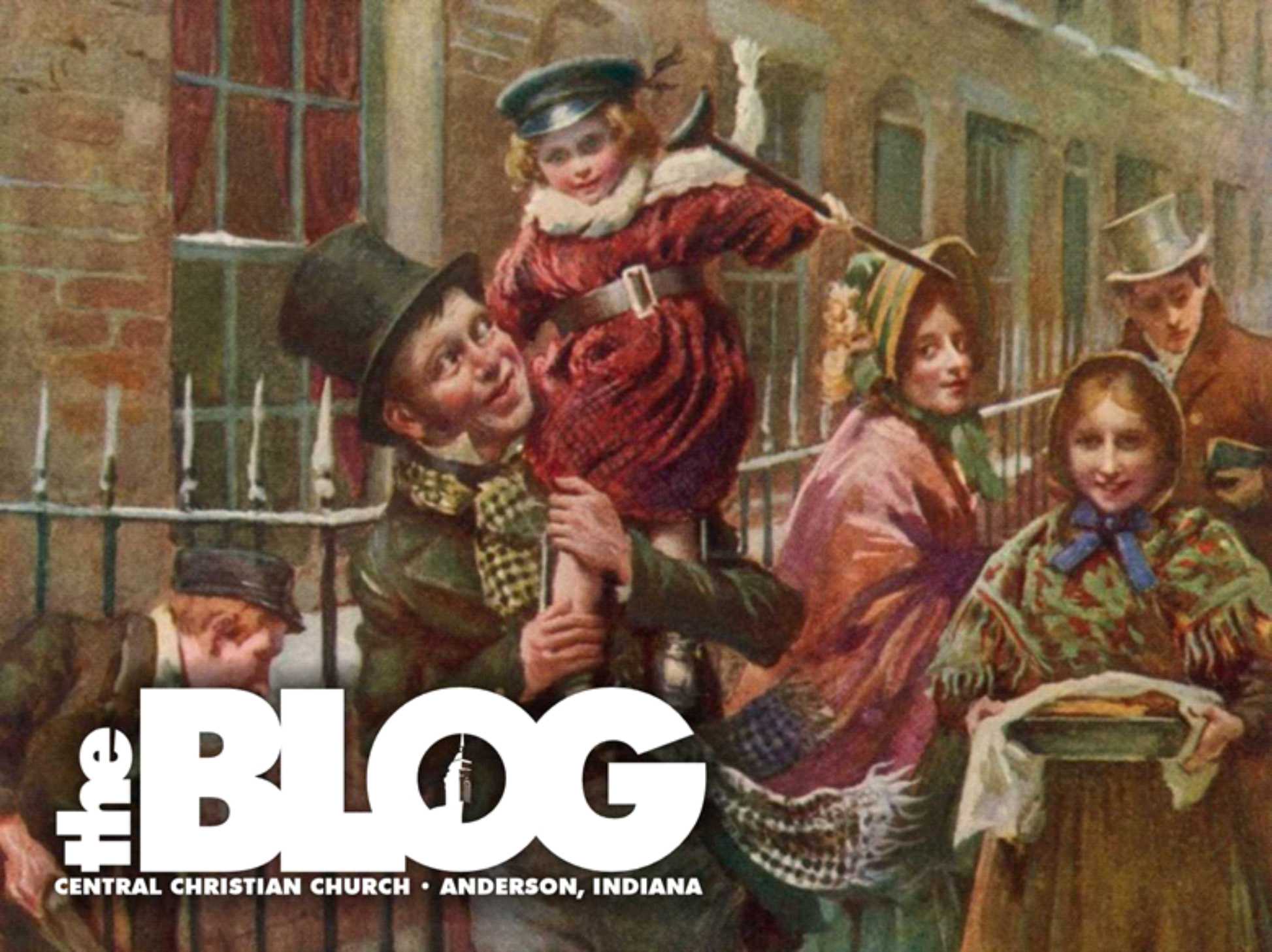
OPINION & TRUTH
Written By:Rick Vale
A few years ago I traveled back to my hometown in The Tri-Cities, Washington to bury my father’s ashes. I wasn’t feeling like my best self. Suddenly, with my Mom gone as well, and being an only child, I felt like the “last survivor.” I questioned my life, my worth, my “self” – I was depressed.
While there, I got to visit my former High School, thanks to some gracious teachers, I got a tour; walking around familiar halls and passages, remembering things I had long forgotten. It was a new school when I attended, it didn’t look so new now.
I walked around feeling old, which didn’t help with the current opinion of myself at the time, getting a little more depressed with each corner, looking at the children who wandered the halls and wondering if I ever looked that young.
I turned into the familiar MUSIC BUILDING and walked into a new hall that led to the familiar CHORUS ROOM, where I spent many hours. A girl I assumed was a student, was looking at a painting on the large wall. I turned also to look and to my amazement, it was a song I wrote, “SCARLET & GOLD”.
Because the school had been new when I attended, there were some things the building and school didn’t have when we started attending. Each graduating class would “gift” something back to the school – and at that time, the gifts were things not included in the original building budget. My class, the class of ’76 gave an electronic scoreboard for the gym. The next class commissioned me, already a songwriter, for an ALMA MATER, which the school didn’t have yet. There on the wall was my song.
I started feeling a little better about myself as I looked at the wall painting of my lyrics and melody.
The girl turned to me and said (since she saw I was a visitor)
“This is our ALMA MATER.”
“Thanks, yes, I saw that,” I replied, “but there’s a mistake in that part of the lyric.” I said as I pointed down to the lower part of the painting where the error was.
“Really?” she asked (with a look that said, “Who do YOU think you are?”) “How do YOU know?”
I said, indicating the name on my VISITOR BADGE and my name on the wall,
“I wrote it.”
Her expression was what I would have if I had suddenly run into Abraham Lincoln; pleasantly shocked, but mostly because I thought he had been dead for quite some time.
Then she whispered reverentially, “Really?”
“Sure enough.” I said.
“Well I suppose you ought to know. Wow, we sing this all the time and would’ve never thought I would have met, or talked to, the writer! That makes a lot of difference; knowing the writer and not just the song.”
Then, she said, “I’m still not sure that’s a mistake.” Pointing to the lyric we were looking at. She then smiled, gave a little wave, and books in arms, moved on.
What?!
She was standing beside the writer, who pointed out the lyric and the mistake…THE WRITER, ME…who remembers hand-writing the song, who has sung the song, who KNOWS (if anyone would) what is wrong and what is right with the song. I wasn’t at all angry, just stunned. At that moment, she felt her OPINION carried the same weight as the “TRUTH”.
I’ve told this story before, in a BLOG, but the last time I told it I left out her final comment because it wasn’t part of the lesson…however, recently this memory has returned to me WITH her “last line”. I’m seeing, and reading, SO MANY people who also believe their OPINIONS (non-credentialed) carry as much weight as easily verified facts and truth.
It’s like saying, “Since I disagree with this it must not be true.”
I suppose this is where our current time and place has gotten to…but God has been dealing with this for all time. I thank Him for HIS patience and mercy.
A recent conversation with yet another person voicing a “non-credentialed” opinion about a “credentialed truth” made the frustration-futile-anger level in me to rise…and then I heard the quiet, calm, voice of the Spirit.
The Spirit of Jesus took me back to the very beginning of today’s story – the part where my OPINION of myself was low. That whole time, when I was low, THE SPIRIT was trying to break through. In every corner of that trip the SPIRIT was showing me how loved I was by my parents, friends, family, and community – showing me that my life mattered…I, of course, didn’t want to listen…my opinion of myself was standing in the front.
Then THE SPIRIT said, “My TRUTH carries more weight than YOUR OPINION…especially when it comes to your view of yourself.”
I find when it comes to self-knowledge, self-identity, and self-esteem, humans sabotage their lives. We forget that GOD creates by “fiat” – He speaks it, and it is made. He speaks and IT IS so. He speaks and when He says, “You are MY child. You are loved. You are worth dying for. You are the greatest creation I have made.” those words aren’t His opinions, they are fact. They are truth. And our OPINIONS do not carry the same weight against His facts, and His TRUTH.
It’s not an easy lesson to learn, especially during these times, we are tested every moment of every day. But if no one says it to you today…listen to the SPIRIT of TRUTH:
You are God’s child.
You are loved.
You are worth dying for.
You are the greatest creation He has made.”
…and, thank God, your non-credentialed opinion doesn’t have the weight to stand against HIS Truth.

















